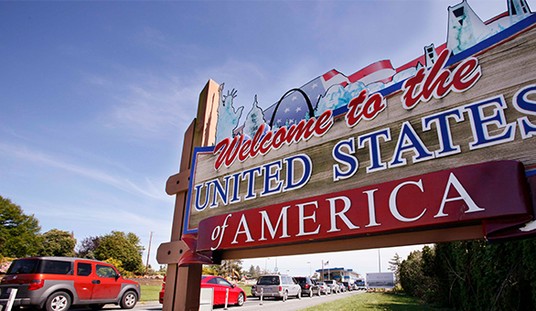Spanish borrowing costs rose above the notionally unsustainable 7% mark as the ‘pro-European’ result of the Greek election failed to calm markets. Spain appeared to be on the brink of requiring a global bailout, according to the Telegraph.
Herman von Rompuy and Jose Manuel Barroso joined the G20 in Mexico, where Barroso promptly declared that “we are not coming here to receive lessons in terms of democracy or in terms of how to handle the economy”. However, if he did not expect advice, he clearly expected money.
However, the EU president also called on G20 countries to make clear how much they are willing to contribute to a $430bn firewall designed to contain Europe’s crisis …
“We ask those G20 countries to be clear on their pledges,” said Mr Van Rompuy.
Spain, which was struggling to borrow money on the bond markets, “called on the European Central Bank to prop up the nation’s bond market as yields surged beyond the 7 percent level that prompted bailouts in other euro nations.” Spanish Budget Minister Cristobal Montoro said:
“The ECB should respond with all firmness,” Montoro told lawmakers in the Senate in Madrid today, echoing a call made by other members of the government. Doubts that remain about the currency region that need to be eliminated, he said.
As if on cue Barroso told G20 leaders ‘that a way needed to be found to provide direct support to Europe’s banks rather than lending to governments so they can recapitalize distressed lenders.’
No decisions are expected at that meeting, but it may agree that Herman Van Rompuy, the president of the European Council, should draw up a more detailed blueprint for how the EU can set up a banking union and move closer to a fiscal union in the coming years, which would help combat the debt crisis.
“Priority is given to banking integration and in the bank integration, I think we can reach, sooner than in other matters, an agreement on a more centralized and more common supervision,” Van Rompuy told a news conference, speaking alongside Barroso.
“The timeline depends on the legal framework under which we have to work. We can do a lot in the current treaties, the framework of the current treaties. If we go beyond this, it takes of course much more time,” he said.
The Wall Street Journal describes the other steps the EU is taking to get ahead of the crisis by expanding the power of Brussels. The theory appears to be that if Europe can build a big enough political institution then it can solve its financial troubles. In the view of the bureaucrats, “Europe” is in a race to see whether it can extend its treaty connections quickly enough to head off a meltdown.
Things are one step closer to the scenario envisioned by former Italian prime minister Silvio Berlusconi. He believed the European Central Bank should print money.
Barroso’s desire for a new approach may mean that the European Central Bank’s program of quantitative easing has not been working, at least sufficiently, to save the banks. In February, the ECB released a trillion euros in 1% bonds as part of its “campaign to stabilise the euro, forestall a new credit crunch and shore up troubled banks by flooding the markets with hundreds of billions’ worth of easy money for the second time in two months.” At the time it was seen as a “masterstroke” of ECB president Mario Draghi. But it has failed to save Greece and by the looks of it, will fail to save Spain. Rompuy and Barroso’s presence in Mexico mean they are looking for a little more leeway to get the continent back on the road to growth and prosperity.
Belmont Commenters
How to Publish on Amazon’s Kindle for $2.99
The Three Conjectures at Amazon Kindle for $1.99
Storming the Castle at Amazon Kindle for $3.99
No Way In at Amazon Kindle $8.95, print $9.99











Join the conversation as a VIP Member